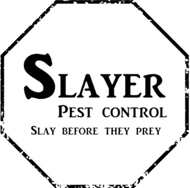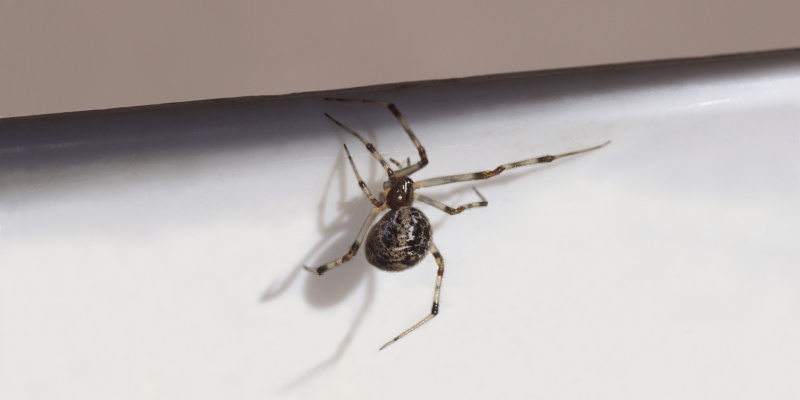Spiders are a common household pest that can cause concern for many homeowners. While some spiders are harmless and even beneficial, others can be dangerous, making it important to address any spider infestation promptly. If you’re dealing with a spider problem, you might wonder whether you can handle it on your own or if professional help is needed. Here’s a guide to help you determine if you can get rid of a spider problem on your own and how to do it effectively:
Assessing the Severity of the Problem
Before deciding whether to tackle a spider problem on your own, it’s important to assess the severity of the infestation. Consider the following factors:
1. Type of Spiders
Identify the types of spiders you’re dealing with. Some spiders, such as common house spiders, are generally harmless, while others, like black widows or brown recluses, can pose significant health risks.
2. Extent of the Infestation
Determine how widespread the spider problem is. A few spiders here and there might not be a major concern, but seeing numerous spiders or finding webs in multiple areas of your home indicates a larger infestation.
3. Location of Spiders
Consider where the spiders are located. Spiders found in hard-to-reach areas like attics, basements, or crawl spaces might require more extensive measures to eliminate.
DIY Methods for Getting Rid of Spiders
For minor infestations, there are several DIY methods you can use to manage and reduce the spider population in your home:
1. Regular Cleaning
Keeping your home clean and free of clutter is one of the most effective ways to prevent spiders. Regular cleaning removes webs, egg sacs, and potential hiding spots for spiders.
- Vacuuming: Vacuum regularly, paying special attention to corners, baseboards, and other areas where spiders are likely to build webs.
- Dusting: Dust surfaces frequently to remove webs and discourage spiders from settling in.
- Decluttering: Reduce clutter in your home, especially in storage areas like basements and attics. Spiders are attracted to dark, undisturbed places where they can hide and build webs.
2. Sealing Entry Points
Prevent spiders from entering your home by sealing all potential entry points. Inspect your home for cracks, gaps, and openings, and seal them with caulk or weatherstripping.
- Windows and Doors: Ensure that windows and doors are properly sealed and that screens are intact.
- Utility Lines: Check areas where utility lines enter your home and seal any gaps around them.
- Vents and Chimneys: Install screens or covers on vents and chimneys to prevent spiders from entering.
3. Natural Repellents
Several natural repellents can help deter spiders from entering your home:
- Essential Oils: Spiders dislike the smell of certain essential oils, such as peppermint, tea tree, and lavender. Mix a few drops of essential oil with water in a spray bottle and spray it around entry points and areas where spiders are commonly found.
- Vinegar: A solution of vinegar and water can also be used to repel spiders. Spray it in areas where spiders are likely to enter or build webs.
4. Spider Traps
Glue traps designed for spiders can be placed in areas where spider activity is observed. These traps are effective in capturing spiders and reducing their population.
When to Call a Professional
While DIY methods can be effective for minor spider infestations, there are situations where professional pest control services are necessary:
1. Dangerous Spiders
If you’re dealing with venomous spiders like black widows or brown recluses, it’s best to seek professional help. These spiders can pose significant health risks, and professional exterminators have the expertise to handle them safely.
2. Severe Infestations
For severe infestations where spiders are present in large numbers or spread throughout your home, professional pest control services offer more comprehensive solutions.
3. Persistent Problems
If you’ve tried DIY methods without success and the spider problem persists, it’s time to call in the experts. Professional exterminators can identify the root cause of the infestation and implement effective treatments to eliminate it.
Getting rid of a spider problem on your own is possible for minor infestations, especially if you use regular cleaning, sealing entry points, natural repellents, and spider traps. However, for severe infestations, dangerous spiders, or persistent problems, professional pest control services are the best option. By assessing the severity of the problem and taking appropriate action, you can effectively manage and eliminate spider infestations, ensuring a safe and comfortable living environment.



